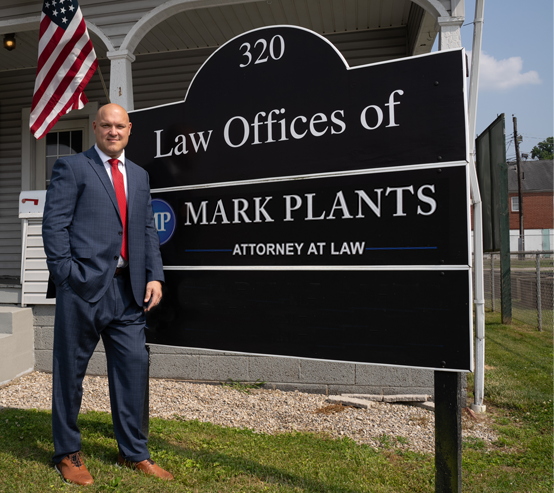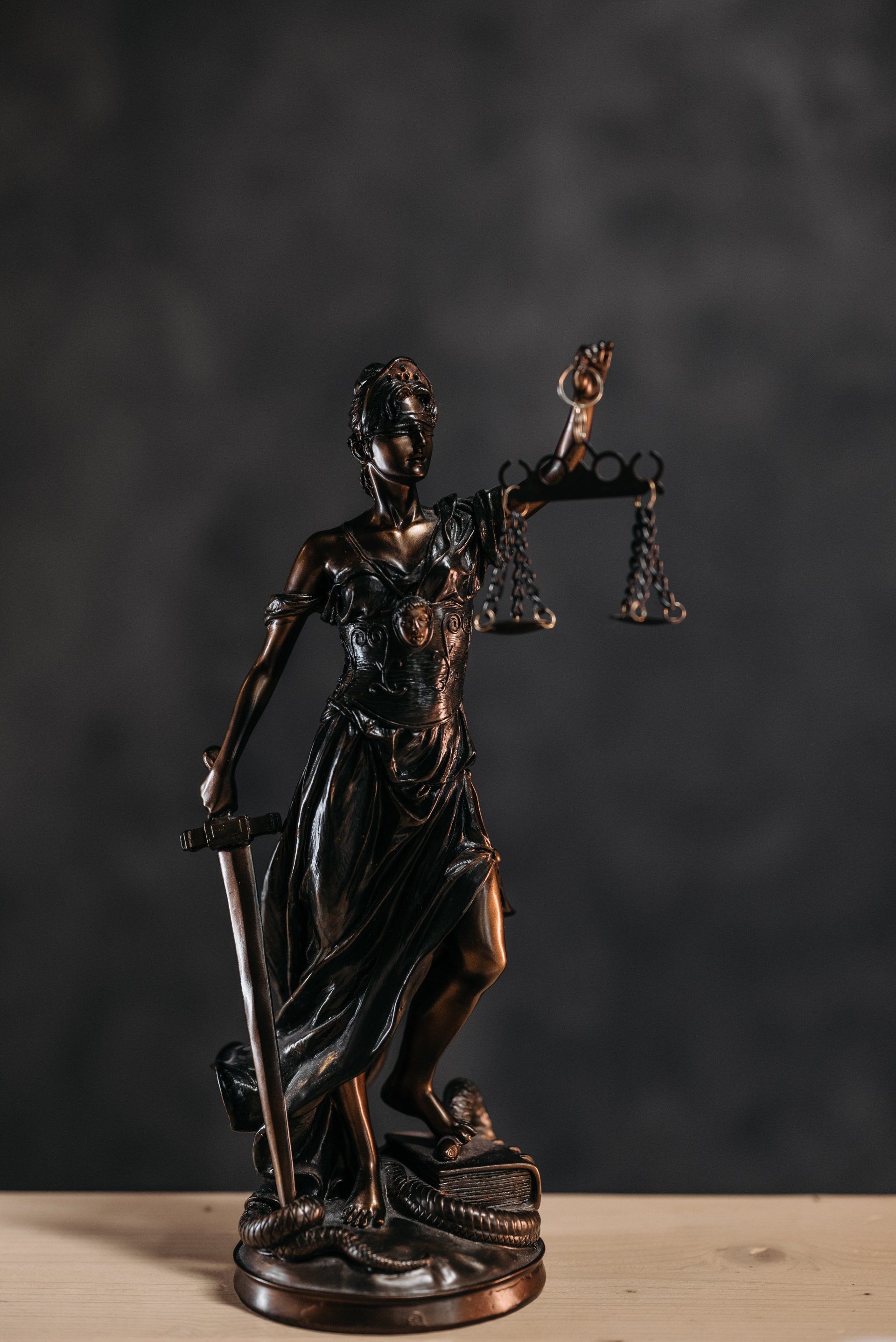The rules governing searches and seizures in criminal investigations vary depending on the jurisdiction, but in many countries, including the United States, these rules are primarily guided by the Fourth Amendment to the U.S. Constitution. Here is an overview of the Fourth Amendment's principles and some general concepts that apply to searches and seizures in criminal investigations. Remember that specific details may differ based on the jurisdiction and applicable laws.
Fourth Amendment Principles in the United States:
List of Services
-
1. Protection Against Unreasonable Searches and SeizuresList Item 1
The Fourth Amendment safeguards people from unjustified searches and confiscation by governmental agents. This means that law enforcement must generally have a valid reason (probable cause) to believe that a search or seizure is necessary before taking such actions.
-
2. Warrants and Probable Cause
In most cases, law enforcement officers need a judge's search warrant before conducting a search or seizure. To get a warrant, they must demonstrate to the judge that there is probable cause to believe that evidence of a crime is located in the place to be searched. Probable cause is the reasonable belief that a crime has occurred or is occurring, and that evidence of the crime exists in the location to be searched.
-
3. Exceptions to the Warrant Requirement
While warrants are generally required, there are several recognized exceptions where law enforcement can conduct searches and seizures without obtaining a warrant. These include, but are not limited to:
- Consent: A warrant may not be necessary if a person consents to a search.
- Exigent Circumstances: If there is an immediate threat to safety, loss of evidence, or a need to prevent escape, law enforcement may act without a warrant.
- Plain View: If an officer sees evidence of a crime in plain view while lawfully present, they may seize it without a warrant.
-
4. Search Incident to Arrest
When making a lawful arrest, law enforcement can search the person and the immediate surrounding area without a warrant.
-
5. Automobile Exception
Vehicles can be searched without a warrant in certain circumstances.
-
6. Scope of the Search
Searches and seizures must generally be limited to the content of the warrant or the applicable exception. Officers should be at most what is specified or allowed by law.
-
7. The Exclusionary Rule
The exclusionary rule is a legal principle prohibiting using evidence obtained in violation of the Fourth Amendment in criminal proceedings. If evidence is obtained illegally, it may be excluded from trial.
-
8. Reasonable Expectation of Privacy
The Fourth Amendment protects individuals' reasonable expectation of privacy. This means that individuals have a right to privacy where they have a legitimate expectation of privacy, such as their homes, personal effects, and certain digital communications.
Remember, every criminal case is unique, and the specific reasons for contacting us or any criminal law attorney can vary based on the circumstances of your situation. It's highly recommended to consult an attorney early to ensure your rights are protected and you receive the best legal advice and representation possible.




